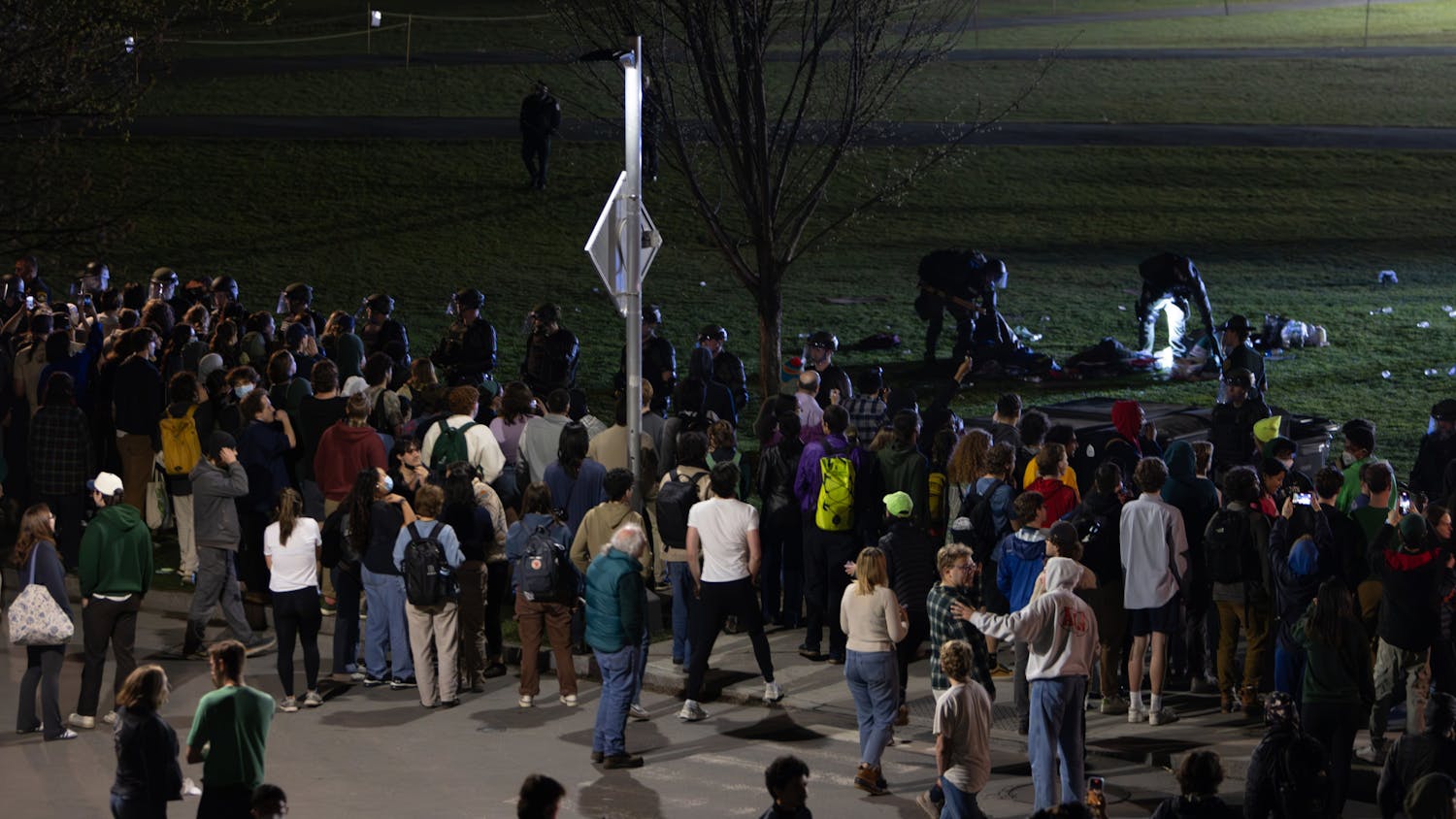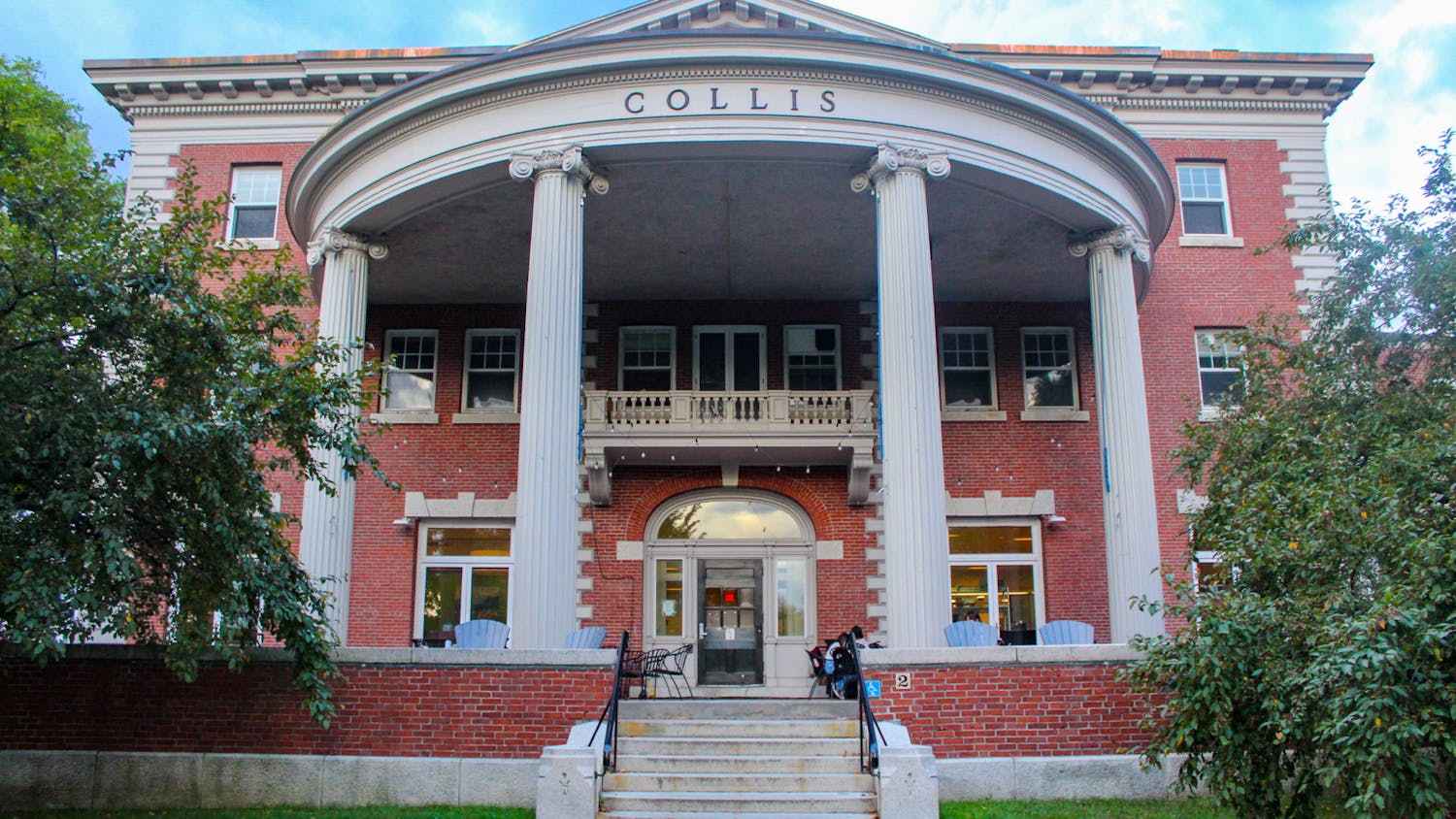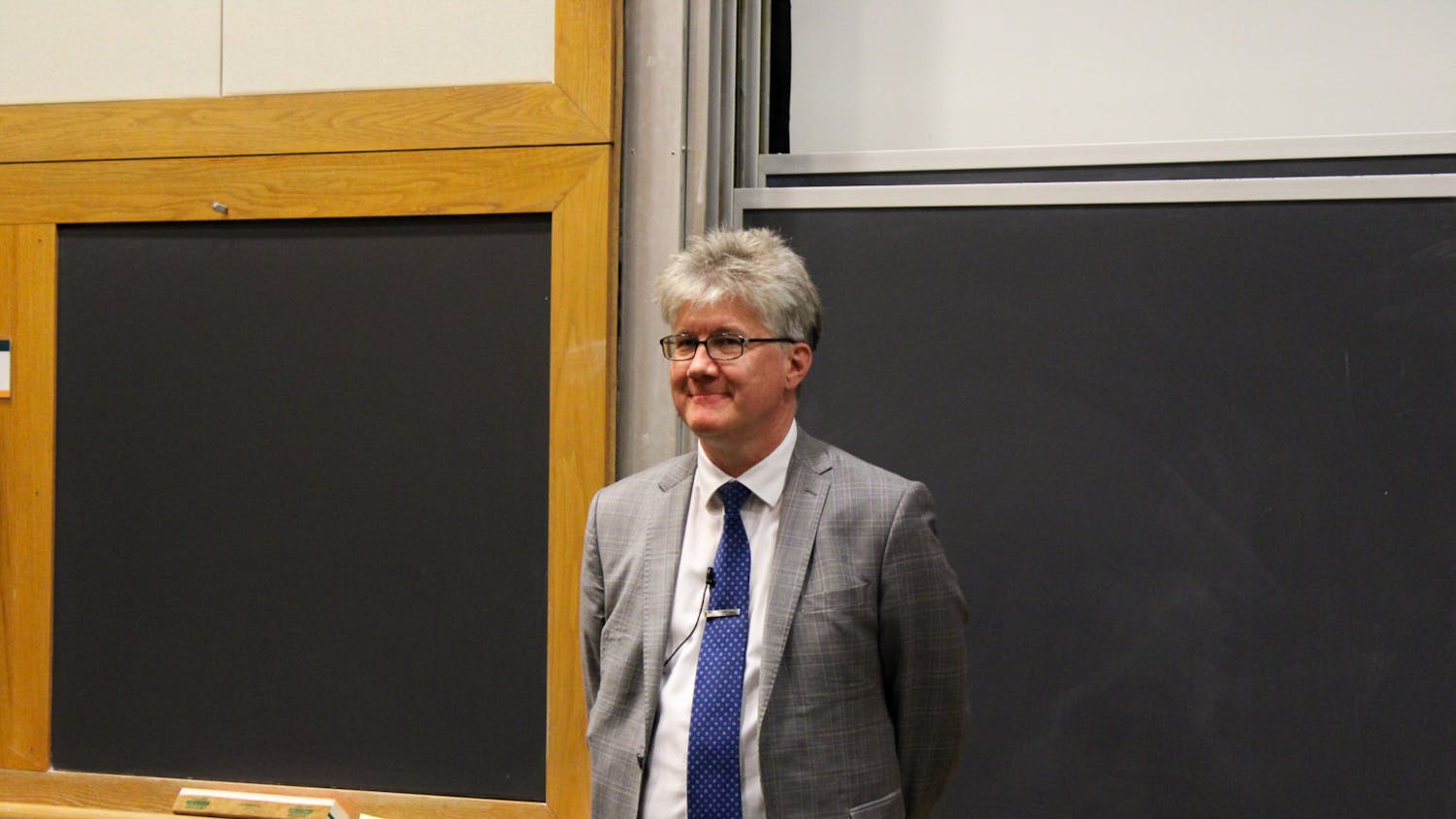University of Chicago professor Gerald Rosenberg '76 raised questions concerning government control over campaign financing in a speech titled "Free Speech, Campaign Finance Reform and Constitutional Rights" to an audience of about 50 people yesterday afternoon in the Rockefeller Center.
Rosenberg launched his talk with a discussion of his research on the United State's Supreme Court and Australia's High Court, citing several cases in which courts had protected the First Amendment by striking down laws restricting or prohibiting paid political advertisements in campaign financing.
These laws were instituted to control both runaway spending and the corruption it leads to, Rosenberg said, as well as because of concerns that the effects of money on politics necessitated laws limiting the influence of corporate wealth on the government.
"Government regulation can be a threat to free speech," he said. "But it is not the only one."
Media access is currently determined by wealth, Rosenberg said, and financial resources are not evenly spread among the political spectrum. The ideas of those able to afford television advertising achieve prominence in the eyes of the voters, which narrows the process of political deliberation and exchange of ideas, he added.
He used data tables to explain that the real regulating power in campaign finance lay in its monetary aspect. Parties with little political support were usually not able to afford electronic political advertisement and were therefore prevented from making a lasting impression on the voters, he explained.
Rosenberg explained legislation enacted by the Australian Parliament in 1991 which prohibited the use of paid political advertisement on television. In exchange, it designated free air time to the contesting parties in an election, but the majority of the time was set aside for parties whose members were already in the government.
This Act was challenged by major television stations who appealed to the High Court. The Australian High Court is comparable to the US Supreme Court, but has no expressly stated ruling on the protection of free speech.
The Court overturned the act, calling it government intervention in free speech, and labeling the act discriminatory.
But the question to ask, Rosenberg said, regarded not regulation versus freedom of speech but what kind of regulation to impose that would further constitutional goals.
"Free speech is not free at all, but quite regulated," he said.
Rosenberg criticized the High Court for being uncritical and not looking at the data that proved the Act was allowing more parties to take advantage of broadcasting advertisements.
He said the free advertising time under the Act brought a wider spectrum of opinion to the election, allowing more ideas into the political debate.
Constitutional principles must be applied to practice, he said, and rather than defending the abstract concept of free speech, the Court should have looked at data to "analyze the real world."



